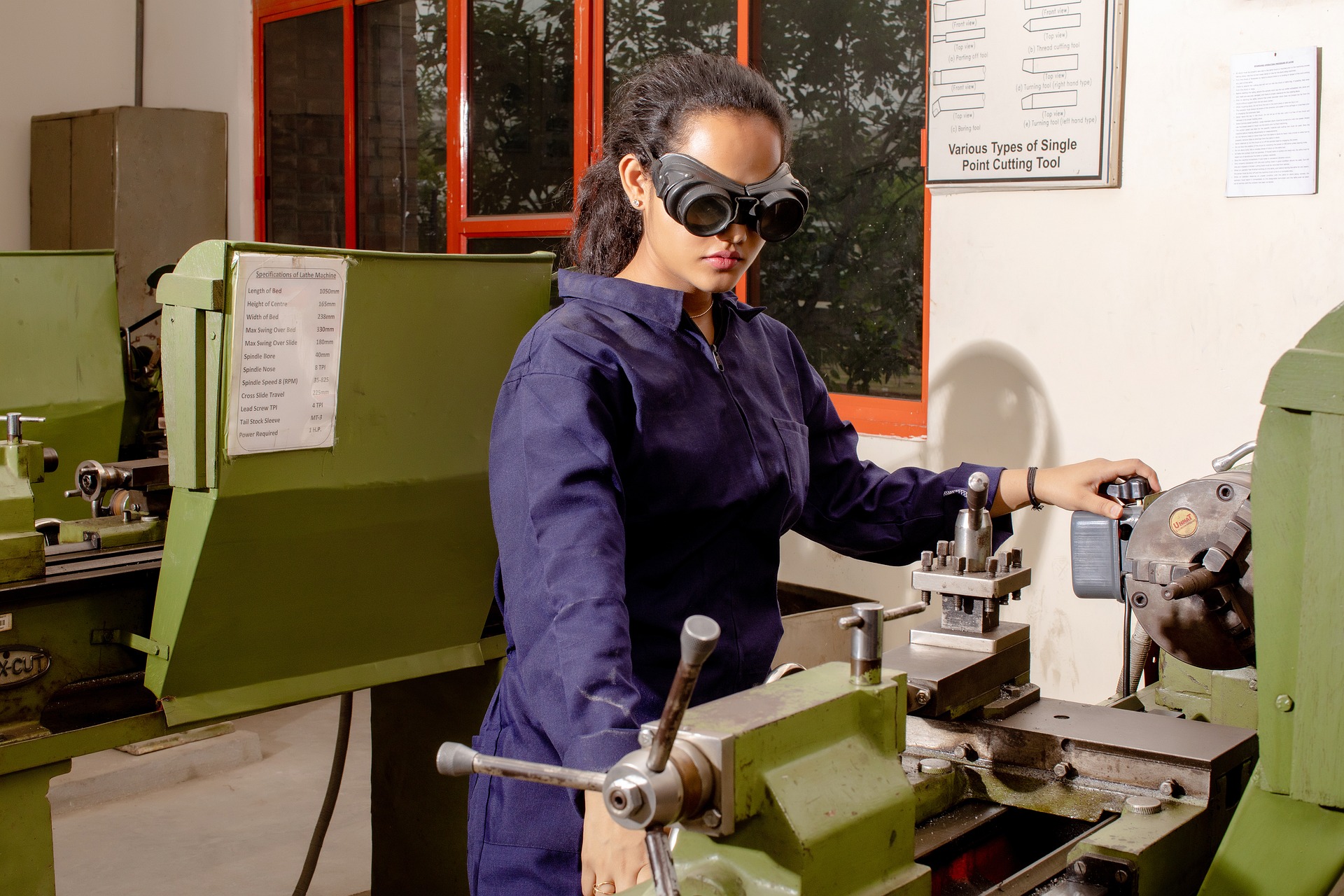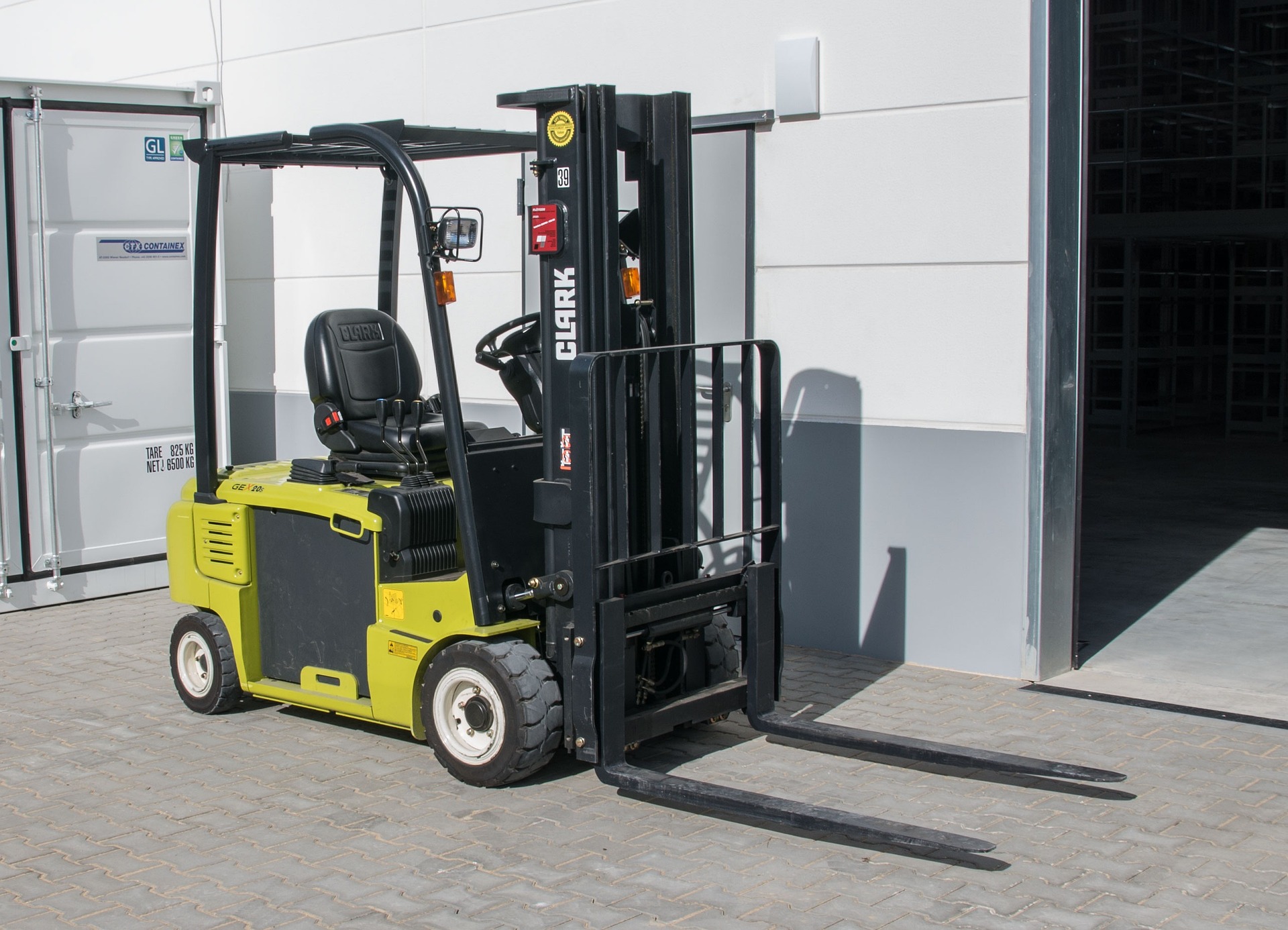Building a Career in Welding: Skills, Benefits, and Industry Insights
Welding is one of the most essential and hands-on professions in the modern manufacturing and construction industries. Whether working on large infrastructure projects or precision fabrication, welders play a crucial role in keeping production moving. This article explores what it’s like to build a career in welding—from learning essential techniques and safety standards to understanding the factors that influence pay and job stability. Readers will gain insights into the industry’s growth, benefits, and what skills employers value most in both entry-level and experienced positions.

Welding represents one of the most essential skilled trades in today’s economy, connecting materials that build our infrastructure, vehicles, and countless manufactured goods. The profession demands precision, technical knowledge, and adherence to strict safety protocols while offering diverse career paths across numerous industries.
Essential Welding Skills and Training Paths
Successful welders master multiple welding processes, including MIG (Metal Inert Gas), TIG (Tungsten Inert Gas), stick welding, and flux-cored arc welding. Each technique serves specific applications and materials, requiring dedicated practice and understanding of metallurgy principles. Blueprint reading skills enable welders to interpret technical drawings and specifications accurately.
Formal training programs through community colleges, trade schools, and apprenticeships provide structured learning environments. These programs typically combine classroom instruction covering welding theory, metallurgy, and safety protocols with extensive hands-on practice. Certification through organizations like the American Welding Society validates skills and enhances employment prospects.
Safety and Precision in the Workplace
Welding environments present unique hazards requiring comprehensive safety measures. Personal protective equipment includes welding helmets with appropriate shade filters, fire-resistant clothing, gloves, and respiratory protection when working with certain materials. Understanding ventilation requirements and recognizing hazardous fumes protects long-term health.
Precision welding demands steady hands, good hand-eye coordination, and attention to detail. Quality welds require consistent heat input, proper joint preparation, and appropriate filler material selection. Welders must maintain consistent travel speed and electrode angles while monitoring penetration depth and bead appearance.
Career Growth and Industry Demand
The welding profession offers multiple advancement opportunities beyond entry-level positions. Experienced welders can specialize in underwater welding, aerospace applications, or pipeline work. Supervisory roles, welding inspection, and instruction positions provide career progression paths that leverage technical expertise.
Industry demand remains strong across construction, manufacturing, shipbuilding, and infrastructure maintenance sectors. The American Welding Society projects continued growth as aging infrastructure requires repair and replacement while new construction projects maintain steady demand for skilled welders.
Understanding Pay and Work Conditions
Welding compensation varies significantly based on specialization, location, and industry sector. Entry-level positions typically start at different rates depending on regional markets and specific applications. Specialized welders in aerospace, underwater, or pipeline work often command higher compensation due to additional training requirements and working conditions.
Work environments range from climate-controlled manufacturing facilities to outdoor construction sites and confined spaces. Some positions require travel or temporary assignments, while others offer stable local employment. Shift work, including nights and weekends, may be necessary in certain industries to maintain production schedules or meet project deadlines.
| Specialization | Typical Industry | Annual Salary Range | Additional Requirements |
|---|---|---|---|
| General Welding | Manufacturing | $35,000 - $55,000 | Basic certifications |
| Pipeline Welding | Oil & Gas | $60,000 - $90,000 | Specialized training, travel |
| Underwater Welding | Marine/Offshore | $75,000 - $150,000 | Commercial diving certification |
| Aerospace Welding | Aviation | $50,000 - $80,000 | Security clearance, precision training |
Salary estimates mentioned in this article are based on the latest available information but may change over time. Independent research is advised before making financial decisions.
The Value of Hands-On Experience
Practical welding experience proves invaluable in developing muscle memory and problem-solving skills that classroom instruction alone cannot provide. Apprenticeship programs combine paid work experience with continued education, allowing new welders to earn while learning advanced techniques from experienced professionals.
Real-world welding projects present challenges that test adaptability and creativity. Working with various materials, joint configurations, and position welding builds versatility that employers highly value. Experienced welders develop the ability to troubleshoot welding defects, adjust parameters for optimal results, and work efficiently under time constraints.
The welding profession continues evolving with technological advances, including automated welding systems and new materials requiring specialized techniques. Successful welders embrace continuous learning to stay current with industry developments and maintain their competitive edge in the job market. Building a career in welding requires dedication to safety, precision, and ongoing skill development, but offers stable employment opportunities across diverse industries with potential for significant career advancement.




